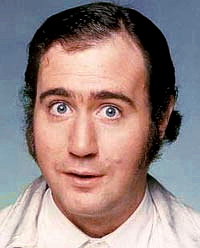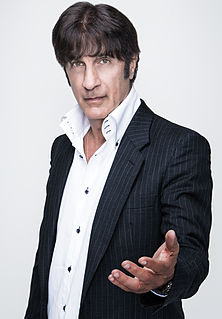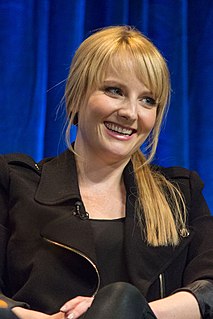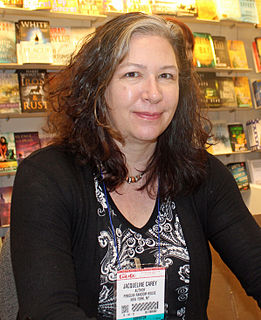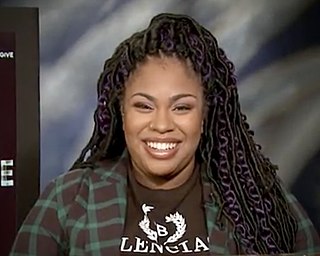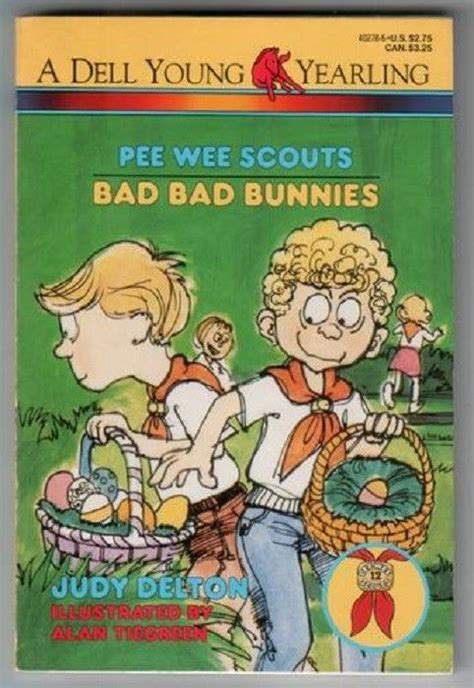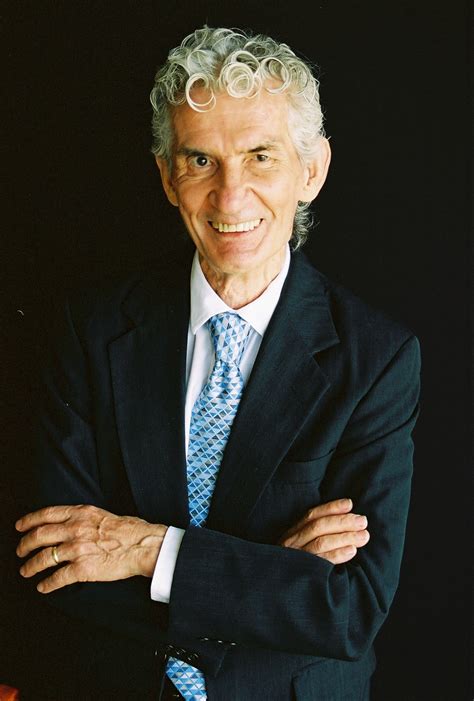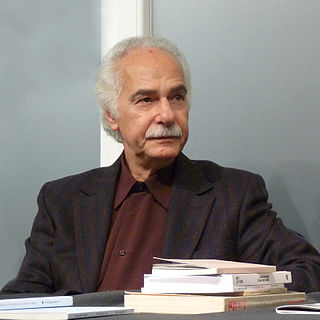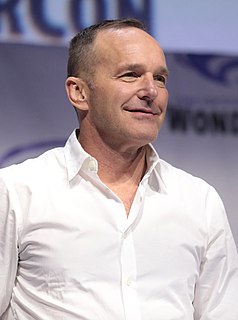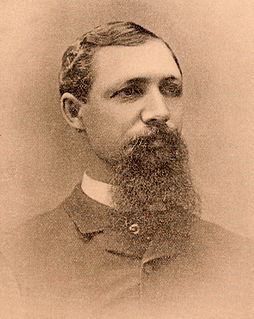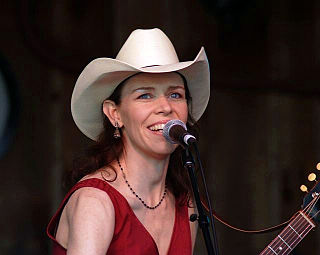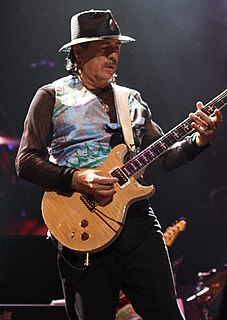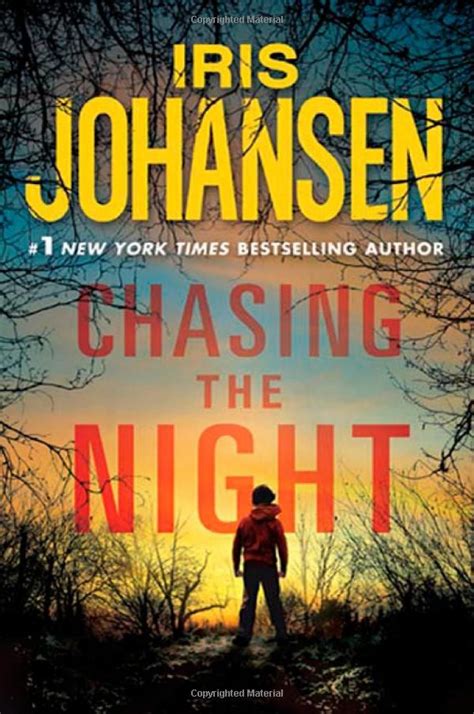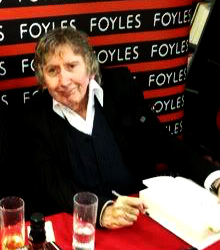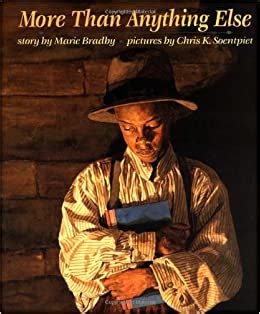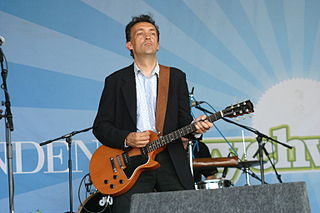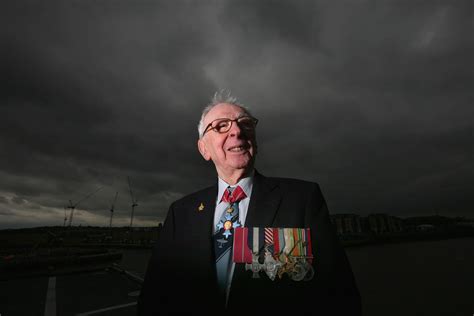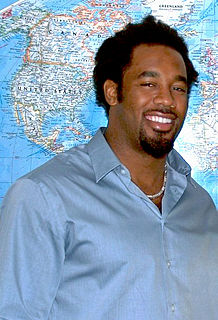Top 1200 Writer's Voice Quotes & Sayings - Page 5
Explore popular Writer's Voice quotes.
Last updated on December 19, 2024.
It looks like the writer is telling you a story. What the writer is actually doing, however, is using words to evoke a series of micromemories from your own experience that inmix, join, and connect in your mind in an order the writer controls, so that, in effect, you have a sustained memory of something that never happened to you.
I try to please people, to give them a good time, but I refuse to make my act conform to traditional show-biz standards of entertainment. There's a little voice that says, 'Oh, no, you can't do that, that's breaking all the rules.' That's the voice of show business. Then this other little voice says, 'Try it.' And most of the time, when the voice comes on and says, 'No,' that's the time it works.
The only way you can find it is through being alone with your thoughts at sufficiently long intervals to give that inner voice within you a chance to cry out in distinguishable language for you. 'Here I am within you.' That is the silent voice, the voice of nature, which speaks to everyone who will listen.
From a distance the world looks blue and green,
and the snow-capped mountains white.
From a distance the ocean meets the stream,
and the eagle takes to flight.
From a distance, there is harmony,
and it echoes through the land.
It's the voice of hope, it's the voice of peace,
it's the voice of every man
The inimitable writer Maxine Hong Kingston published a book in 2002 with the title To Be the Poet. However, in contrast to the transformatory distinctions Kingston makes between the conditions of being a prose writer and "the poet," my multigenre impulses incline me to a broader transformation: to be a writer.
The characters created cannot just be a mouthpiece for the writer. When you look at a piece of writing, and it's genuine and it doesn't feel like every character is just a mouthpiece for the writer, but that they've been created in such a way that they're expressing an idea that a writer wants to get across, that's when a story succeeds.
Often, you have to fail as a writer before you write that bestselling novel or ground-breaking memoir. If you're failing as a writer - which it definitely feels like when you're struggling to write regularly or can't seem to earn a living as a freelance writer - maybe you need to take a long-term perspective.
The voiceover thing is very selfless. You go in there and they've hired you for your voice, but they know exactly what they want, and the writer's there and he knows exactly how it's supposed to be said. So you can't really argue with them, you just have to let them tell you what to do and then do it.
When Marvel put together Ultimate Spider-Man and someone came up with the idea of having Principal Coulson, they said, "Do you want to do the voice?" I thought, "I have to do the voice!" Because I have a daughter and we watch some cartoons, I couldn't bear the idea of tuning in and hearing somebody else's voice.
I am interested in levels of brain discourse. How articulate are the voices in your head? You know, there's a different voice for the phone, and a different voice if you're talking in bed. When you're starting off with a narrator, it's interesting to think, where is their voice coming from, what part of their brain?
While Jesus was at Jerusalem there came a voice from heaven. For what purpose was the voice sent? For the sake of those who stood by. "Jesus answered and said, This voice came not because of me, but for your sakes" (John xii, 30). Of what benefit was the voice when those who heard it were unable to distinguish it from thunder? "The people therefore, that stood by and heard it, said that it thundered" (29).
I'm open to reading almost anything - fiction, nonfiction - as long as I know from the first sentence or two that this is a voice I want to listen to for a good long while. It has much to do with imagery and language, a particular perspective, the assured knowledge of the particular universe the writer has created.
Write like you write, like you can't help but write, and your voice will become yours and yours alone. It'll take time but it'll happen as long as you let it. Own your voice, for your voice is your own. Once you know where your voice lives, you no longer have to worry so much about being derivative.
The hardest thing about being an unpublished writer is that there's always that voice in your head that asks if you're really being a fool. You might just really stink and not know it. You have to have a lot of blind faith in the process. You have to like it so much that you're going to do it anyway.
The real voice is stiller and smaller and seems to know, without confusion, the difference between right and wrong and the subtle delineation between the beautiful and profane. It's not an agitated voice, but ever patient as though it approves a million false starts. The voice I am talking about is a deep water of calming wisdom.
When a writer with a voice as good as Richard Christian Matheson's tells you something, you have no choice but to listen. In THE RITUAL OF ILLUSION the voices are legion, and the gaps between their testimonies drag us closer to understanding the darkly beating heart of all our, ephemeral, transfixing dreams. Dark, subtle, horrifically funny.
My father was the editor of an agricultural magazine called 'The Southern Planter.' He didn't think of himself as a writer. He was a scientist, an agronomist, but I thought of him as a writer because I'd seen him working at his desk. I just assumed that I was going to do that, that I was going to be a writer.
My reality is that God speaks to you every day. There's an inner voice, and when you hear it, you get a little tingle in your medulla oblongata at the back of your neck, a little shiver, and at two o'clock in the morning, everything's really quiet and you meditate and you got the candles, you got the incense and you've been chanting, and all of a sudden you hear this voice: Write this down. It is just an inner voice, and you trust it. That voice will never take you to the desert.
Our voice resonates with life. Because this is so, it can touch the lives of others. The caring and compassion imbued in your voice finds passage to the listener's soul, striking his or her heart and causing it to sing out; the human voice summons something profound from deep within, and can even compel a person into action.
In some traditional African dances, people wear masks in order to become the embodiments of particular spirits. I have heard that they often cover the mouth-piece with spider webs or something that resonates, so that their voice gets distorted, ceasing to be the voice of a human and becoming representative of a voice that comes from another world.
A handwritten letter carries a lot of risk. It's a one-sided conversation that reveals the truth of the writer. Furthermore, the writer is not there to see the reaction of the person he writes to, so there's a great unknown to the process that requires a leap of faith. The writer has to choose the right words to express his sentences, and then, once he has sealed the envelope, he has to place those thoughts in the hands of someone else, trusting that the feelings will be delivered, and that the recipient will understand the writer's intent. How childish to think that could be easy.


